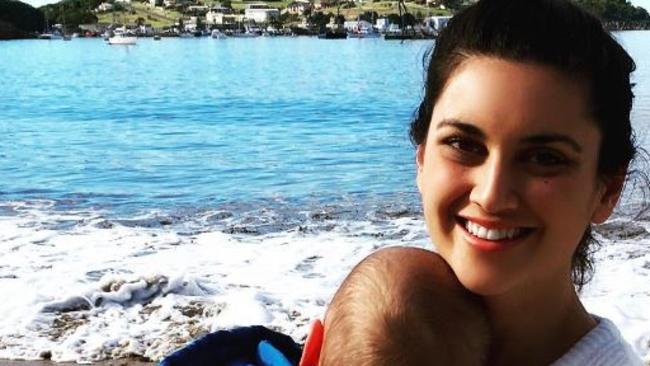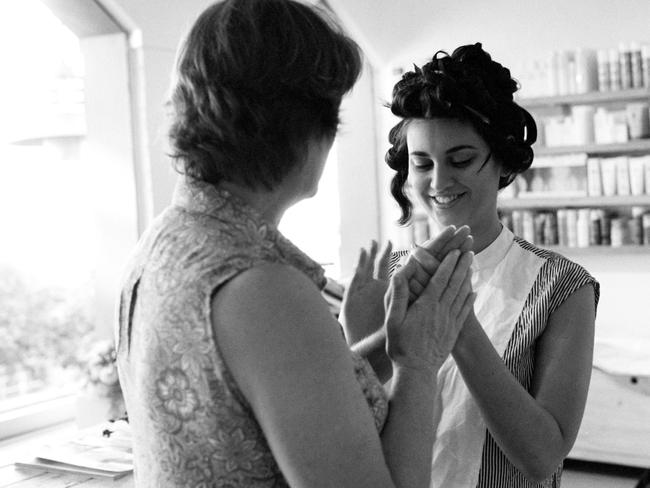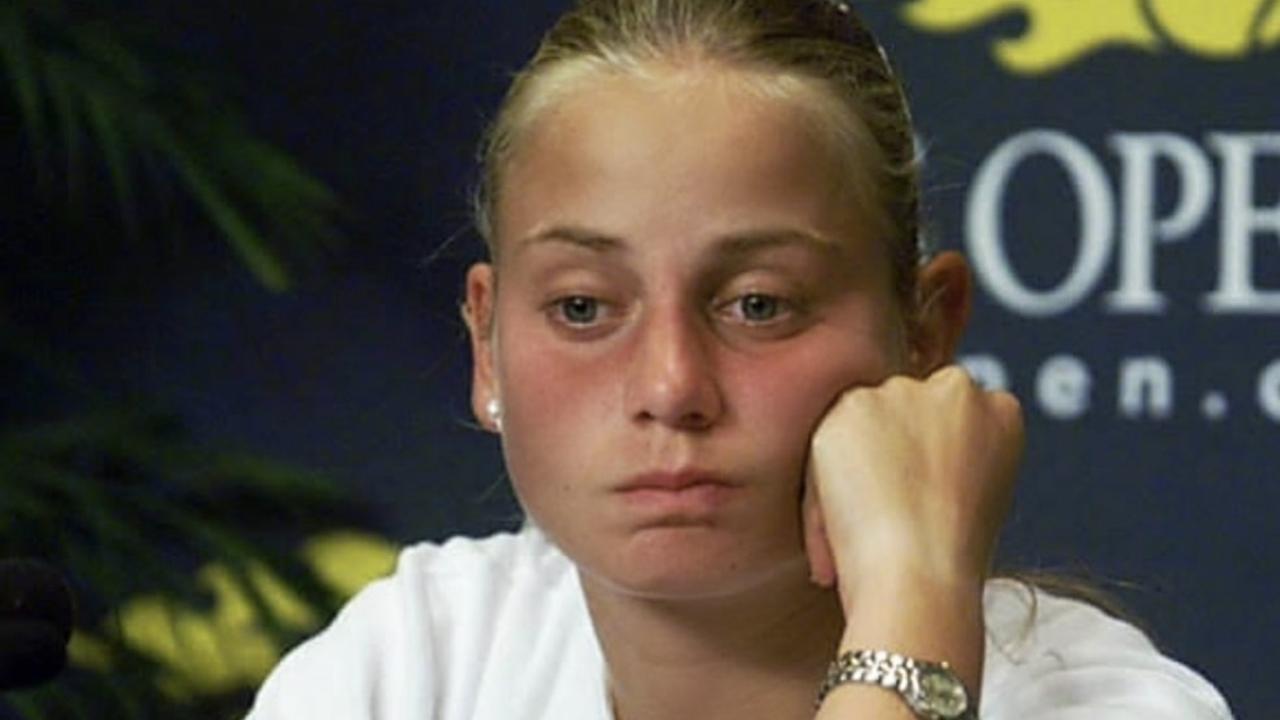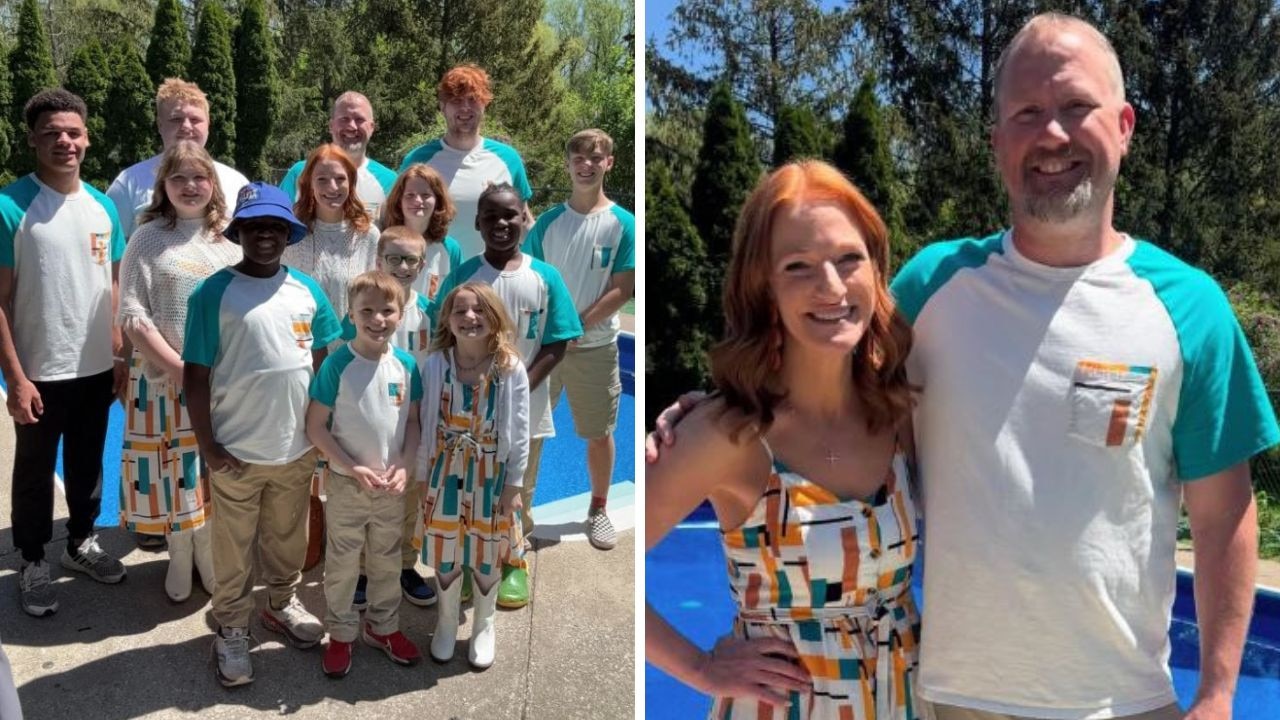Three things I learnt from having a compassionate mum
WE’RE always talking about how much love mums have, but there’s something even more important, says Jamila Rizvi.

“ALL you need is love,” sang the Beatles and so they tell you when you become a mum.
Anxious about the many things you might get wrong and befuddled by the complexity of newborn nappies and the best angle for a perfect latch, it’s a reassuring message. It suggests that no matter how overwhelming the particular parenting conundrum you’re faced with — love will guide you through to a positive outcome.
Of course it’s bullshit.
While awfully helpful, love alone is not enough to make a good parent.
Our community spends so much time talking about the power of love and the enormous capacity for love that mothers have. We also talk a lot about strong mothers. Devoted mothers and organised mothers. And of course, busy working mothers.
But on this Mother’s Day, perhaps we could try something different. Perhaps we could pause to celebrate our compassionate mothers. Because compassion and love are different concepts.
And it is the compassionate mothers who are too often passed over. They are the ones who taught us to trust, who made us feel like we belonged and counselled empathy towards others.
Here’s what my compassionate mother taught me.
TRUST:
The trust that my mum will always be there with a sympathetic ear and later in life a glass of wine is testament to her compassion.
It’s why at age 31, I still feel my most comfortable and unburdened when visiting my parents’ home. Only there am I allowed to drop my bundle entirely and know that I will be supported to pick it back up again in time. I trust that there I am safe. I trust that there I will always belong. I trust that there I am loved, unconditionally.
A childhood spent watching someone put your needs ahead of their own creates a bond unlike any other.

My husband and I remarked often in those early days of parenting how utterly dependent our baby was. The helplessness of a baby or even a toddler means they have no choice but to trust the capable adults around them. That trust may come easily but it can be broken just as easily. Holding it is key.
EMPATHY:
It is one thing for a parent to teach a kindergarten child about sharing or ask “how would it make you feel” but quite another to demonstrate empathy yourself.
Little kids see everything, hear everything and notice everything. Those tiny brains work overtime processing how they are expected to behave in the world and how to interact with others. What they are told falls distinctly into second place after what they are shown.
I recall my mum, a schoolteacher, weeping quietly one day after work. A nine-year-old with the sensitivity of a paving stone, I asked what was wrong with her. She replied with a story about a student in her class who was having a tough time and how she worried how he’d fare over Christmas.
I vividly remember feeling puzzled why mum would be so upset about some kid who she wouldn’t even be teaching next year. His pain had become her pain.
TENDERNESS:
Panicking ahead of my final exams, I was left unable to sleep the night before. Lying in bed wide-awake, I shouted inside my head to let go of consciousness, knowing I’d be unable to function properly the next day without rest.
The digital clock showed 5.00am, when my desperation made me do something I hadn’t done for years and years. I went to my parents’ bedroom and woke up mum. My exam anxieties tumbled forth in the form of ugly tears.
Mum understood. Stroking my hair and telling me to focus on rest, not sleep, she gifted me her calmness. Later that morning she told me to put away the books and we walked down to the lake to feed the ducks. Mum believes that there isn’t much a visit to the ducks cannot fix. I believe that there isn’t much her tenderness won’t solve …
Since becoming a parent myself, I’ve spent an awful lot of time reflecting on my mother’s parenting style. To say she did a magnificent job sounds awfully arrogant and conceited. As if my sister and I stand as the shining examples of good parenting, the textbook prescribed result. That’s not what I mean though. Not at all.
A mother’s parenting is a testament to her and her alone. She is the one deserving of credit.
My mum gave — and continues to give — my sister and I so much more than love. As a parent of young children she both counselled and modelled compassion in her everyday life. It’s taken far too long for me to realise just how important that was.
And today, while it sounds like I’ve swallowed a Hallmark card, I am finally and quite properly, grateful for it.
Jamila Rizvi is writer, radio presenter and news.com.au columnist. Her first book, Not Just Lucky is now available for pre-sale. You can also follow her on Facebook and Twitter.



